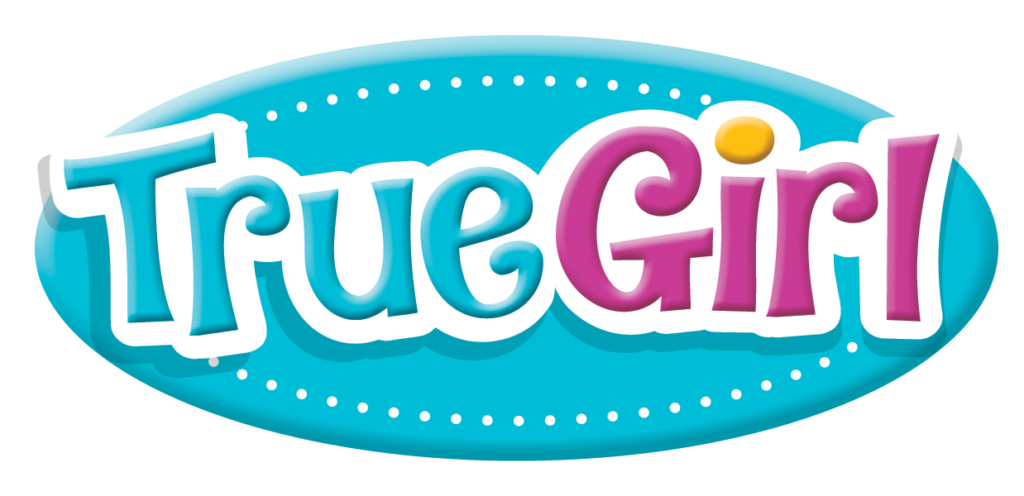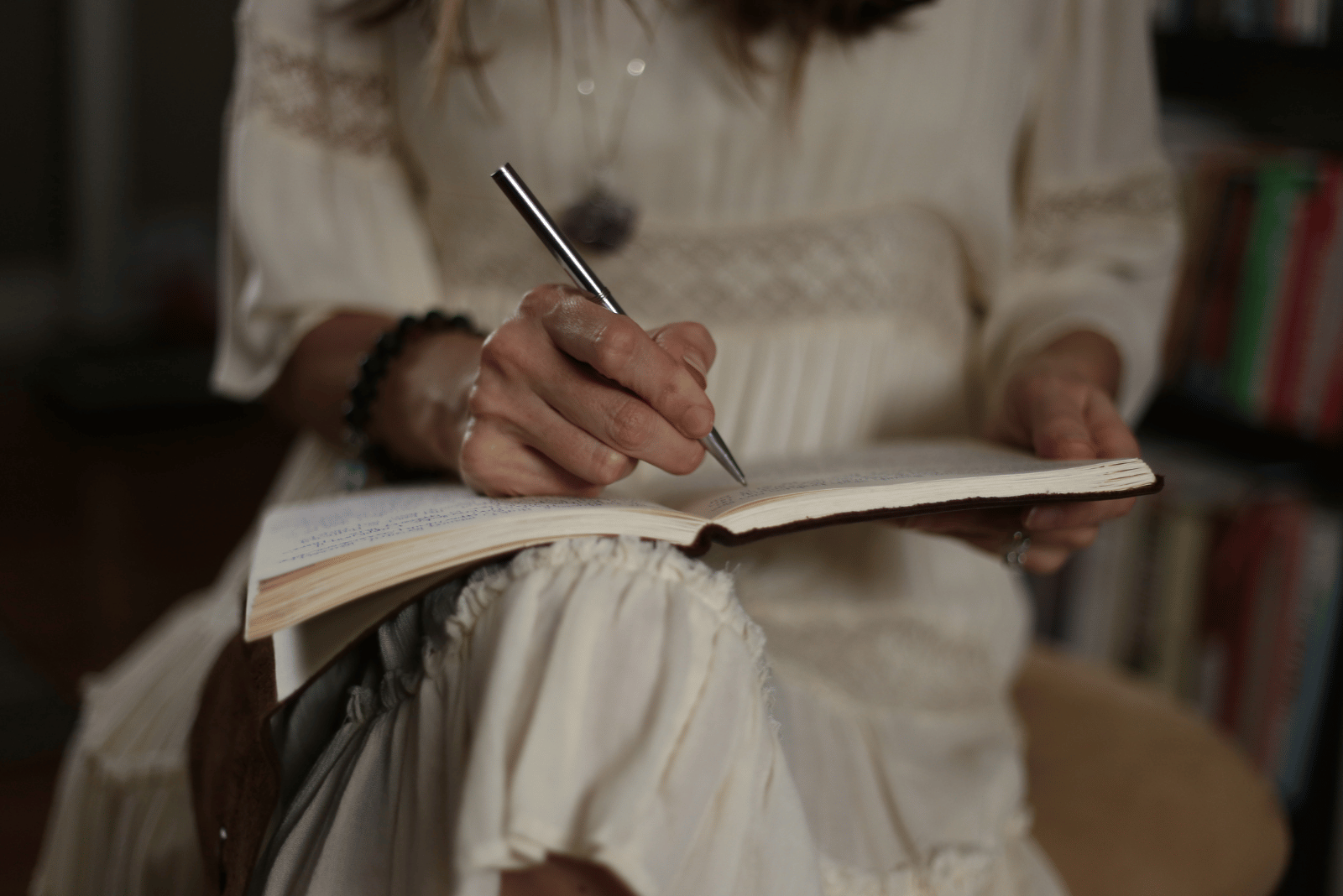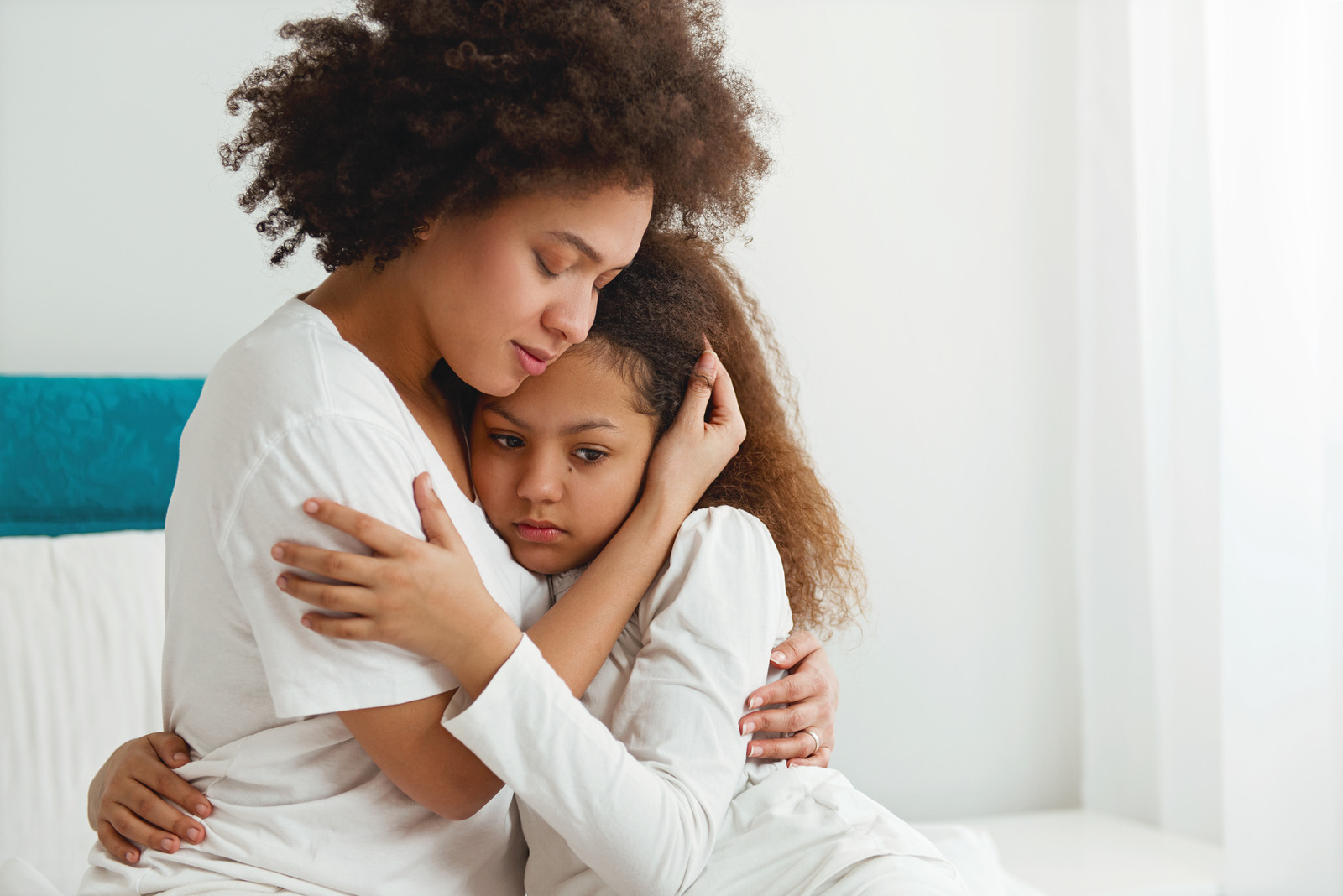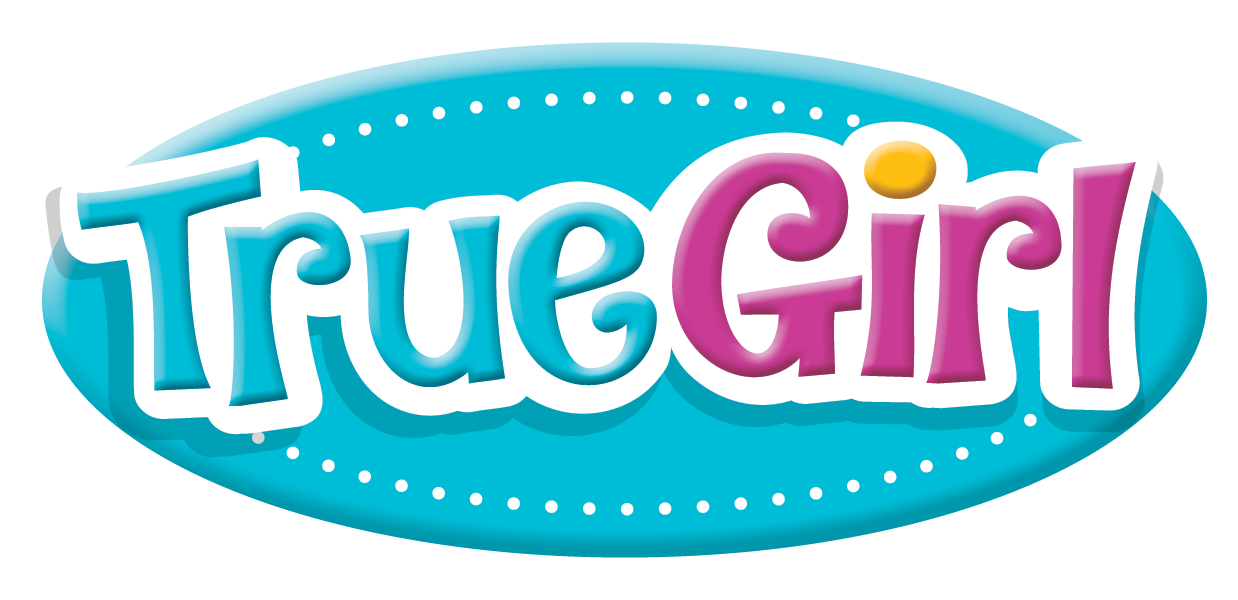By Dannah Gresh, founder of True Girl
It's time for me to tell a story that I didn't think I would ever share publicly. My hometown is being rocked by the death of a Penn State student, who would be alive today were it not for alcohol. My heart breaks for the parents as they face this horrific reality. The lives of students who were drinking with him, as well as those hazing him, are also forever changed. They are facing steep legal charges that will change the trajectory of their lives. I know the parents of some of those boys, bringing this all the closer home to my heart. None of them ever expected to be in this situation. I'm sorry that they are, and I'm praying for them often.
The grand jury report said that conduct in a "permissive atmosphere fostered by the Pennsylvania State University Interfraternity Council" led to Piazza's death. Penn State defends itself stating that "has one of the most aggressive student misconduct policies in the country and its off-campus policy pertaining to misconduct remains the most vigorous in the Big 10." Policies are only useful if they are enforced. As a parent of a Penn State grad, I'm grateful for many things about the university, but found it to fall woefully short in enforcing any kind of responsible and legal behavior for students when it came to alcohol. Here's my story and some things you should know about preparing your child.
My story isn't tragic, but it is telling. The day I attended Family & Parent Orientation as the mother of an incoming Freshman, I sat in on a Q&A session with several campus leaders. One topic was alcohol. A gentleman on stage reported to us that about 80% of the student body used alcohol. And that 38% experienced academic consequences such as getting behind in their school work or missing class due to being hung over. (This information is as I remember it, but can also be documented on this one sheet from 2004.) The point was made that the university required students to take an on-line course and test to raise awareness of the consequences of using alcohol. There seemed to be little else said. Messages are often the victims of interpretation, but I felt like I was being told "this is just how it is. Accept it." It was an awareness message, but to me it was lacking in communicating to me that there was much being done to prevent alcohol abuse.
My mama bear was growling by now. I raised my hand and was called on to ask a question, "I assume that most of the undergrad students aren't 21, which means it is illegal for them to drink alcohol. What is done on campus and at frat houses to enforce that law?"
The room literally erupted with laughter! Other parents were mocking my question. The answer I got from the stage was professional, but also framed by an attitude that betrayed any attempt to hide the opinion that I was naive. That didn't deter me, and in fact only pressed me to keep the conversation moving.
"Ok, let me ask this another way," I began. "If about 20% of the student body is not abusing alcohol, what do we know about that percentage of the population? Maybe we can learn from them in order to introduce the right activities, interests, and consequential thinking to the other 80%—most of whom are drinking illegally. What are the common denominators in that non-alcohol abusing group?"
"We haven't actually done that research," was the answer from the stage as I was waived off with: "Does anyone else have a question?"
I knew that for the next four years, the only people talking to my son about alcohol in a responsible way would be my husband and myself. Mom, this one's got to be learned at home. The messages from the world—even in the places that you can seemingly trust—don't come from those who care nearly as much as you do. And the stakes are way too high to avoid this conversation.
So, how do you talk to your daughter (and your son) about drugs and alcohol?
- Start early. It's never too soon. As I've written about and taught often, value formation occurs before a child's 13th birthday, so you have to start sooner than you might feel comfortable. While an elementary student may not be able to understand the side affects of heroine, she is able to understand that smoking is dangerous and can make people sick. From the time your daughter starts kindergarten, you can begin having brief, non-threatening conversations about drugs and alcohol as opportunities arise. Use everyday opportunities to prompt the conversation. Before you can even imagine, your child will be in the high risk years of substance abuse. Don't believe me? The Substance Abuse and Mental Health Services Administration (2008) found that approximately 20% of 13 year-olds have tried alcohol. At 15, 50% admit to drinking. Graduating high school seniors? Over 75% of them have had a drink. By 8th grade, 15% of students have tried marijuana. Alarming statistics? Yes, but the National Institute on Drug Abuse has found that teens whose parents talk to them regularly from a young age about the dangers of drugs and alcohol are 42% less likely to try them than those whose parents don't. (There's one of those common denominators I was looking for at my Penn State parent orientation! See. They aren't so hard to find.)
- Have an on-going conversation. The dramatic, sit-down, one-time conversation about drugs and alcohol has not proven to be effective. Don't think that the school assembly will be enough either. Bring it up often. Casual, non-threatening, non-condemning conversations throughout their tween and teen years help them trust you as an expert and trusted confident when it comes to their questions about drugs and alcohol. While few kids will prompt the conversations, you can. While watching the news together you can begin a relevant conversation based on a current event. News like that coming out of Penn State is a good opportunity to discuss it. Ask questions like, "What do you think about this situation?" Or "What would you have done if you were a student in the room at that hazing?" And though I hope your child never watches the current Thirteen Reasons Why Netflix series, the conversation surrounding it is an opportunity to talk about drugs and alcohol with them. More questions: "What role did alcohol play in the rapes and suicide in this series?" "How could just one person being sober have stopped the first rape?" "Which person?"
- Learn together using readily available sources. You don't have to be the resident expert to have a powerful impact. Humbly offer to learn with your son or daughter. Review the information from Above the Influence together. Study what the Bible says about alcohol and make your family preference clear. From family to family, you will find different preferences on alcohol. One family has strong biblical preferences for abstaining, while another uses biblical texts to defend their freedom to drink responsibly. But there are two things that we can't argue about. First, the Bible clearly says we should not be drunk. (Ephesians 5:18), so even if you defend the use of alcohol you must know your limit. Second, the Bible clearly says we are subject to governing authorities. That is, we must obey the law. It is illegal for someone under the age of 21 to drink in the United States of America, so that takes the decision off the table for anyone under age.
- Offer creative incentives to comply with the law and your family preferences. I've always been a "carrot" kind of mom as oppose to carrying a "stick." Would I reward my potty-training toddler with Skittles after a big....uhm..."win"? You bet! I kept a whole jar of them right there on the back of the toilet. (The Skittles, thank you!) Though Bob and I never offered incentives for abstaining from drugs and alcohol, here are a few very good ones I've heard from parents in recent years.
- A new car! One family I know buys their children a car for their 21st birthday, IF they have abstained from alcohol and drugs. By that time, a lot of the worst risk is over. Kids have better brains by their 21st birthday,—the very reason why there is a defendable, legal age limit—and will exhibit better self-control if they do decide to begin to drink.
- A drink with mom! Another family I know sets a date on the calendar to go get a flight of beer or taste wine on their child's 21st birthday. Not for the teetotaling family, but a reasonable option for responsible drinkers.
- A big vacation! Some people argue that incentives for teens or college students that don't drink is missing the point. They argue that you should not "buy" this with material things. OK, I'm not going to jump off the edge of my big fat carrot thought here: how about spending time with them in a really amazing way. An inexpensive hiking trip or an elaborate vacation to your dream spot might be a way to deposit into their souls for this wise choice.
As with all uncomfortable topics, the risks are high. So embrace the discomfort now. Talking to your 11-year-old about not playing beer pong when he's in high school and college is much less painful than cleaning up the consequences of something that might happen in a frat house or at a high school kegger.
"Therefore, with minds that are alert and fully sober, set your hope on the grace to be brought to you when Jesus Christ is revealed in his coming." I Peter 1:13








